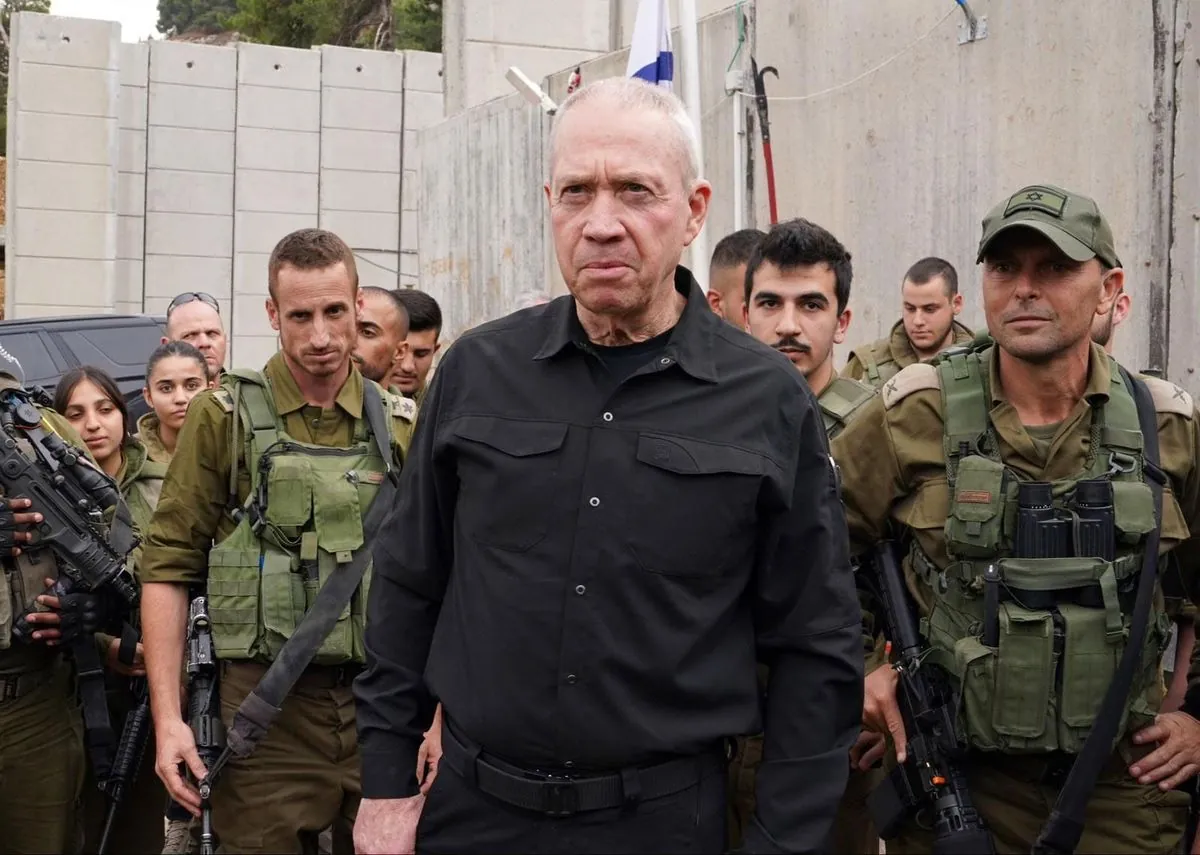On October 1, 2024, Iran launched a significant missile attack on Israel, triggering a wave of misinformation online. Among the false claims circulating was the alleged death of Yoav Gallant, Israel's Defence Minister. However, these reports were swiftly debunked by official sources.
Gallant, a retired military general and member of Prime Minister Benjamin Netanyahu's war cabinet, was confirmed to be alive and well by his spokesperson. The attack, involving over 180 ballistic missiles, was reportedly in response to Israel's recent actions against Hezbollah, an Iran-backed armed movement in Lebanon.
The incident highlights the ongoing tensions between Iran and Israel, which have persisted for decades. It also underscores the sophisticated missile defense systems employed by Israel, as the Israeli Defense Forces reported intercepting most of the incoming missiles. However, some impacts were recorded in central and southern Israel.
In the aftermath of the attack, Gallant engaged in diplomatic communications, speaking with U.S. Secretary of Defense Lloyd Austin. This interaction demonstrates the strong alliance between the United States and Israel, particularly during times of crisis. Austin later shared details of their conversation on social media platform X, emphasizing their mutual appreciation for the coordinated defense efforts.
"The Minister and I expressed mutual appreciation for the coordinated defense of Israel against nearly 200 ballistic missiles launched by Iran and committed to remain in close contact."
To further dispel rumors of his demise, Gallant posted a photo on X showing him meeting with those involved in intercepting the Iranian missiles. This swift response highlights the importance of official communications in countering misinformation during volatile situations.
The spread of false information on social media platforms like Facebook during this crisis underscores the challenges faced in the digital age. It emphasizes the critical role of fact-checking organizations, such as the Reuters Fact Check team, in verifying information and debunking false claims.
This incident also brings attention to the complex geopolitical landscape of the Middle East, including the influence of groups like Hezbollah in Lebanon. The ongoing conflicts and tensions in the region continue to shape international relations and military strategies.
As technology advances, both in terms of military capabilities and information dissemination, the importance of accurate reporting and critical evaluation of news sources becomes increasingly vital. The rapid spread of misinformation during crises highlights the need for robust fact-checking mechanisms and media literacy among the public.
In conclusion, while the missile attack by Iran on Israel was a significant event, the false claims surrounding Yoav Gallant's fate serve as a reminder of the importance of verifying information, especially during times of conflict and uncertainty.
